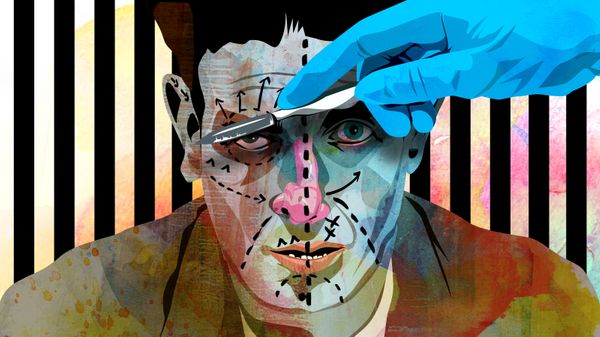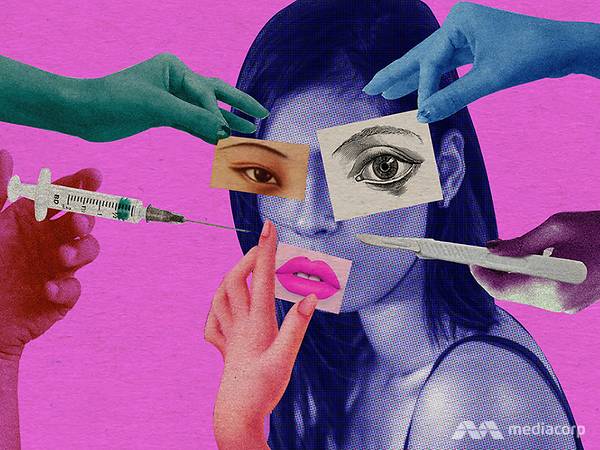We are obsessed with being beautiful. We want to be perfect. We want to be pretty. We want to look like Linda Evangelista. We want to be models.
Why? Because it’s basic instinct to want to appeal to others, but this instinct is now shaped by advertisements and pop culture. We were raised on and our idea of beauty was structured through their very limited concept of beauty.
Some people have come to accept how they look and good for them because the rest of us are living in neverending anxiety focused on how we look.
Social beauty standards: Between colonialism and globalization

With the wide European colonization of the world starting in the early years of the 19th century up to the 20th century, the white standards of beauty have managed to take over the whole world and establish themselves as global standards.
As the era of colonization faded out, the era of globalization filled in. The regions that just shacked European slavery off their shoulders found themselves struggling with post-colonialism economic disasters. And an economically struggling culture is a weak culture and therefore it submits to the more powerful one.
Pop culture is the most popular class of arts because it comes directly from the people and targets the people. And when the pop culture of a strong nation can easily reach any corner of the globe, embracing a specific concept of beauty, what happens? This concept takes over.
That said and with the wide and swift pace of modern technology and social media, we can understand why the white standards of beauty are still dominating our global concepts.
We fell victims to these narrow and obsolete standards that we are now obsessed with.
Why do we feel guilty about obsessing over beauty?
Most of us feel guilty about this obsession because it consumes a lot of our mental energy and our time, which could be spent differently, solving the post-colonialism economic disaster in Africa or investing in our mental well-being and our struggles with modern capitalistic slavery.
Perhaps we feel guilty because we understand that these beauty standards are the product of one culture dominating our collective perception of beauty.
Where does the obsession end?

Does our obsession with beauty end when we achieve the ultimate goal of being perfect?
Well, this is not going to happen unless you were molded by Michael Angelo himself. You will never look in a mirror and see no flaws. These flaws will continue to eat at your brain even if you undergo all the plastic surgeries in the world to change how your facial structure looks.
Plastic surgeries as an answer to beauty obsession
I am not against plastic surgeries but I am in fear that it is an extreme answer to the beauty obsession we are currently living through.
The impact of plastic surgeries on our inner self-image might not be as big as we hope. The anesthesia, the cuts, the incisions, followed by a long journey of healing can result in little to no change in the way we see ourselves.
Beauty is a sign of youthfulness, health and life, so seeking to be beautiful is seeking to be alive. This urge is not a problem and there’s no shame in it, but the anxiety that it creates and how heavily it weighs on our souls is a problem.
This inner image is the engine that drives our obsessions to look like the perfect models that have been force-fed to us through advertisements, fashion editorials and pop culture in general. Altering our faces and bodies might change this inner image but the outcome is never guaranteed. It’s an inner thought that will continue to be there, eating away at your self-esteem, until you commit to a change from within.
We have to understand and appreciate our individual beauty before comparing ourselves to anyone else, even if that anyone else is Linda Evangelista.
Pop culture has evolved to celebrate so many different forms of beauty through presenting celebrities and models with different body types, different races and different aesthetics, no longer confined to the eurocentric standards of beauty.
We are on our way to cure this ongoing anxiety and inner image restlessness. We might not be able to escape it as a generation because it has already been established in our perception of life, but we can try to raise our children to be free from this agony.
WE SAID THIS: Don’t miss…Toxic Positivity Debunked: Is A Good Vibes-Only Approach Always Healthy?



